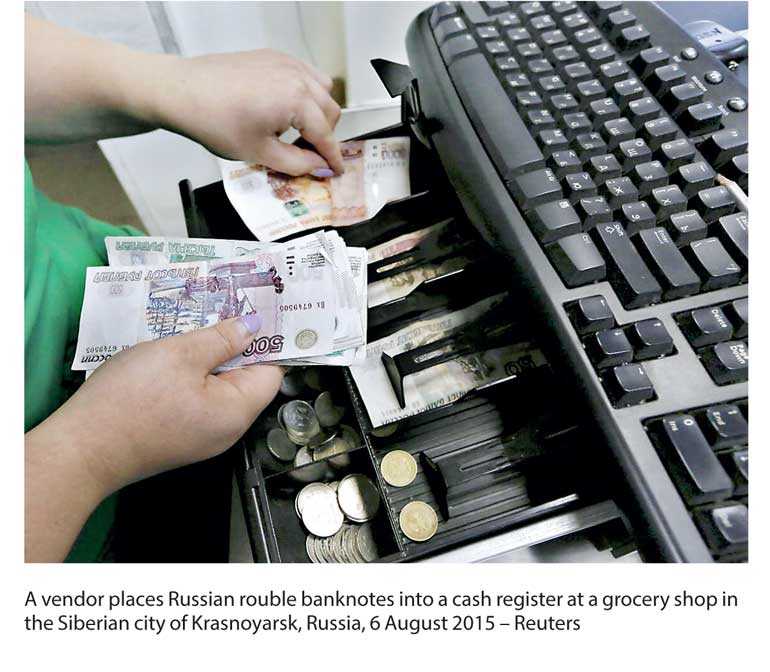Thursday Feb 19, 2026
Thursday Feb 19, 2026
Friday, 14 September 2018 00:00 - - {{hitsCtrl.values.hits}}
 MOSCOW (Reuters): The International Monetary Fund said on Thursday that Russia might benefit from further interest rate cuts if inflation stayed subdued.
MOSCOW (Reuters): The International Monetary Fund said on Thursday that Russia might benefit from further interest rate cuts if inflation stayed subdued.
The Russian central bank is set to review interest rates on Friday and is widely expected to address risks stemming from recent sell-off in the rouble and government bonds.
A day before the central bank board meeting, the IMF said “further monetary easing could be appropriate if headline inflation remains below the 4% target and underlying inflationary pressures stay low.”
The view is in line with what Prime Minister Dmitry Medvedev said last week but contrasts with the central bank’s own stance. Its Governor Elvira Nabiullina said there were reasons for both holding and raising rates this month.
A Reuters poll showed the market widely expects the key rate to be held at 7.25%, which should be accompanied by a warning message from the central bank that it could tighten monetary policy in the near future, given risks stemming from the recently crashed rouble.
The IMF said inflation expectations in Russia were not yet firmly anchored, while risks to the inflation outlook have increased.
Annual inflation was on track to accelerate to 3.5% by the end of this year, remaining below the 4% target, on the back of recovery in domestic demand, the weaker rouble and other factors, the IMF said.
Inflation outlook for the medium term, however, was muted “due to structural bottlenecks and the lingering impact of sanctions.”
“The main risks to the outlook stem from geopolitical tensions as well as the new government’s policy plans,” the IMF said, adding it confirms its economic growth forecast for this year at 1.7%.
The IMF also said it supported a plan to raise the retirement age for men and women that has prompted street protests across Russia and dented President Vladimir Putin’s approval ratings.
The IMF’s directors who had regular meetings with Russian officials “supported the authorities’ plans for parametric pension reform, which could help to offset negative demographic trends.”